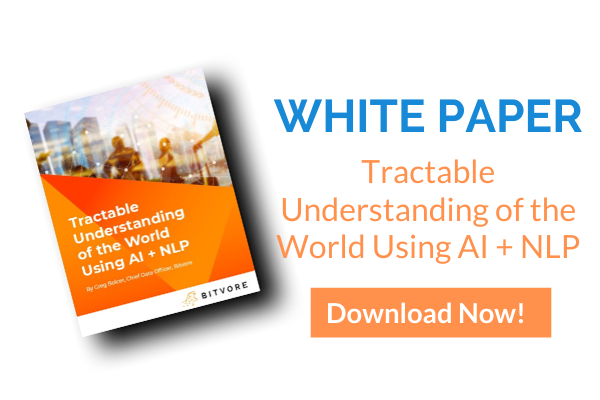
Various industries have drastically changed the way they operate as a result of the COVID-19 pandemic. The healthcare business, in particular, has been significantly impacted by ongoing virus-related concerns. As a result, artificial intelligence and machine learning tools have helped address short-term, urgent, and long-term medical challenges.
AI and machine learning can be powerful tools when it comes to performing clinical research and care. Instead of viewing AI in terms of man vs. machine, it should be implemented as a collaborative form of technology to assist medical professionals.
AI and machine learning can be used within the healthcare industry in numerous ways. Whether it be data from EHRs, labs, or radiology departments, the data retrieved by AI can perform and expedite countless medical-related functions.
AI Use in Medicine
Radiation is one area where AI and machine learning technologies can be applied. Organs and bodily structures can be uniquely sensitive to different forms of radiation. Doctors must use diligence and care to limit excessive amounts of exposure. AI and machine learning can create specialized patient plans and individualized medical care options.
AI and machine learning continue to impact medicine and the surrounding world of research. Using natural language processing and specialized systems, medical professionals can accurately assess patient risk and perform diagnostic screening tests as needed.
Machine learning algorithms can also perform complex scans not visible to the human eye. As a result, they can accurately determine the genetic signature of brain tumors. AI and machine learning can also monitor treatment response and automate the contouring of radiation treatment plans for prostate cancer. Humans should view AI and machine learning as a collaborative tool in tandem with clinicians instead of complete replacement.
How AI can Complement Medical Skills
AI can be a complementary tool used to identify patterns in big data sets without human intervention. AI and machine learning can eliminate the appearance of potential biases with computers that run 24 hours a day without limitations. On the other hand, human doctors can provide care with compassion, common sense, and morals.
Although AI and machine learning can benefit the healthcare community, many professionals are hesitant about implementing the technology into medical practice. Clinicians often claim the technology can tarnish the profession by harming the patient-provider relationship.
Systems must be trained in ways that accurately represent the patient community equitably. Data sets should be selected for training and validation purposes to ensure appropriate population representation. Limitations in data sets should be addressed and broadened before being revalidated in future patient cohorts.
AI and machine learning may provide the medical community with opportunities to scale automated segmentation of normal organs and teleradiotherapy. AI and machine learning will eventually help us review patient pathology, radiology images, and genomic information to decide where radiation is most needed.
Allowing AI and Humans to Work Together
Artificial intelligence and machine learning can provide numerous benefits to the medical community when used collaboratively. AI and machine learning should be viewed as complementary to clinician skills rather than as a reliable alternative. Humans and AI work best together to establish a sense of common ground and trust.
Bitvore uses unstructured datasets to create AI-ready data. Our advanced AI-techniques and machine learning models eliminate the massive manual efforts required to research companies, industries and markets from unstructured text available over the Internet. Bitvore helps improve decision-making processes by using immediate quantifiable results.
For additional information on how Bitvore can improve your business operations, download our white paper for more information: Tractable Understanding of the World Using AI.

